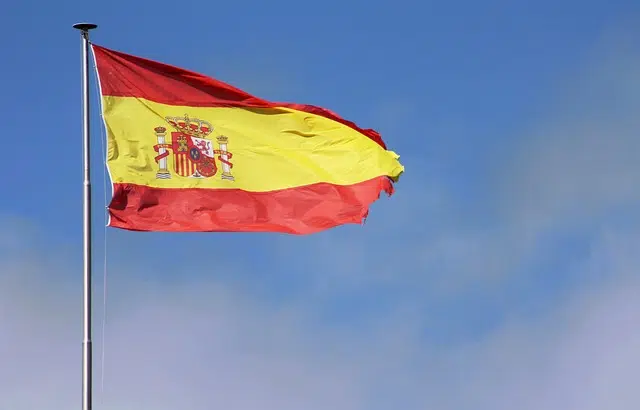
Spanish or Spanish is someone born in Spain, in addition to the language
The notion of Spanish finds its etymological antecedent in the Occitan espaignol , which in turn comes from the medieval Latin Hispaniolus . Spanish is mentioned as someone who is originally from Spain .
Someone born in Spain
Those who are born in Spain , therefore, are Spanish. Spain is a parliamentary monarchy made up of seventeen autonomous communities and two autonomous cities. Most of its territory takes place on the European continent , although it also has a presence in North Africa .
The capital of Spain is Madrid . In this way, it can be said that an individual born in Madrid is Spanish. If we take into account the diversity of the autonomous communities that are part of Spain , among the Spanish we also find the Basques and the Catalans , for example, although in these towns there are movements that demand the independence of their nations.
The language
Furthermore, the most spoken language in Spain is called Spanish, which is also used in many American countries , in Equatorial Guinea and in the Philippines . It is a Romance language , since it derives from Latin.
Spanish is also known as Castilian because its origins are in the Kingdom of Castile . It is important to clarify that, according to the Royal Spanish Academy ( RAE ), both terms are valid to refer to this language.
Study challenges
Although from our point of view Spanish is a language that we learn naturally, when we face its more technical characteristics we become aware of its great richness and the challenges it can present to foreigners who wish to learn it. For English speakers, for example, one of the features of our language that presents the most difficulties is the conjugation of verbs . We would never say "she worked at a bank" or "we came early," but for Spanish students this mistake may not be so obvious.
Another of the key points to learn a language well is pronunciation, which is linked to intonation . They are two different concepts, well defined, but they complement each other so that natural speech takes place. Pronunciation is the way we articulate each individual sound and each word once we combine them; intonation, on the other hand, is the sound pattern we make when we use language to communicate, either with one or more words, but with a specific intention. We don't pronounce "home" and "hunt" or intone "how are you?" and "how are you" in the same way.
Spanish is not known for being a language with many possible sounds, as is the case with English, but the pronunciation of the letter R can be a great challenge for many foreigners, both in its soft ( but ) and strong ( dog ) sound. We must not forget the silent H ( fairy , carrot ), which can be very difficult to memorize since it does not seem to serve any function .

The Alhambra is a very important Spanish monumental complex
The richness of our language can be seen by observing the large number of accents and regionalisms that emerged in the many Spanish-speaking countries, and even within them due to the differences between the ways of speaking of each party. It is quite a challenge for us to understand all these versions, so for a foreign student it can represent a real nightmare.
Medieval dialect of Castile
In some contexts, however, Castilian refers specifically to the dialect that was spoken in the Middle Ages in the Kingdom of Castile or to the dialect that is still used in that region today. On the other hand, Castilian and not Spanish are used when we wish to distinguish between this language and others spoken in autonomous communities of Spain such as Galician , Basque and Catalan .
